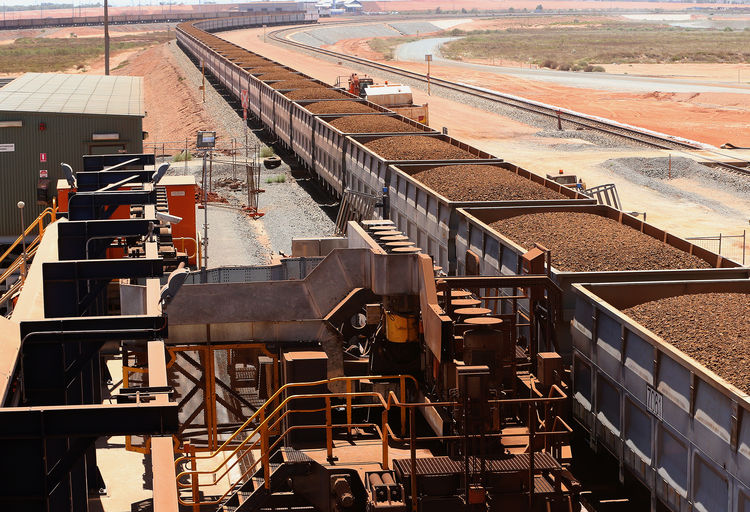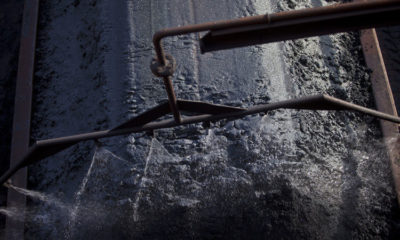- FG Makes N10.97bn in Mining Fees, Royalties
Even though the Federal Government had anchored a significant part of its diversification programme on the mining sector, it made only N10.97bn from fees and royalties paid by mining operators in four years, an investigation has shown.
In a document on the performance of the sector, the Minister of State for Mines and Steel Development, Mr. Bawa Bwari, said the government made N2.97bn in royalties and fees between January and October 2018.
Bwari said, “Overall, the revenue generated by the ministry from royalties and fees has improved from N2.08bn in 2015 to N3.92bn in 2017 and N2.97bn as at October 2018. Limestone mining has continued to lead in royalties earned by the government.”
Other data obtained from the Ministry of Mines and Steel Development showed that the Federal Government made N2bn from mining royalties and fees in 2016.
This means that the government made N10.97bn from mining royalties and fees between 2015 and 2018.
One of the issues accounting for low revenue generation in the sector is the evasion of payment of royalties by operators but Bwari said in the document that this had been dealt with in the guidelines that would soon be released.
He said, “Under the soon-to-be-released Mineral Export Guidelines, the lingering issue of evading payment of royalties or false declarations has been dealt with. All mineral exports shall henceforth be inspected by government-appointed independent pre-shipment inspection agents, who shall also render quantity and quality control services and monitor pricing. This is in accordance with the Pre-Shipment Inspection of Exports Act.
“The ad valorem value (market value) on which all royalties for exports are the cost will henceforth be charged against the international quoted price of the commodity. The effective ad valorem value to be used for calculating royalties is subject to the content of the mineral in the ore, concentrate or refine consignment.
“This simply means that a person exporting, for example, tin concentrate of 50 per cent tin metal content will pay fewer royalties than a person exporting a concentrate of 70 per cent tin content. The royalty rates for miners has been reduced from between three per cent and five per cent to between two per cent and3.5 per cent.”
To promote and encourage more mineral exporters to go into mining and to make provision for the environmental degradation resulting from the activities of the informal artisan producers, he explained that royalties for mineral trading exporters had been set at a reduced rate to between 2.5 per cent and 4.5 per cent.
The extra one per cent charged for non-mining exporters would be deployed for environmental remediation by the government, he added.
Bwari said to ensure the reduction in overheads by exporters and ease collection of royalties, appropriate measures for monitoring of repatriation of export proceeds had been put in place.
According to him, royalties will henceforth be paid directly to the federation account, after the repatriation of proceeds by the exporter’s bank – in the currency of trade – before the exporter’s domiciliary account is credited.

 Forex3 weeks ago
Forex3 weeks ago
 Naira3 weeks ago
Naira3 weeks ago
 Billionaire Watch2 weeks ago
Billionaire Watch2 weeks ago



 Naira3 weeks ago
Naira3 weeks ago






 Naira2 weeks ago
Naira2 weeks ago




 Naira1 week ago
Naira1 week ago




 Naira4 weeks ago
Naira4 weeks ago






 Naira1 week ago
Naira1 week ago




















